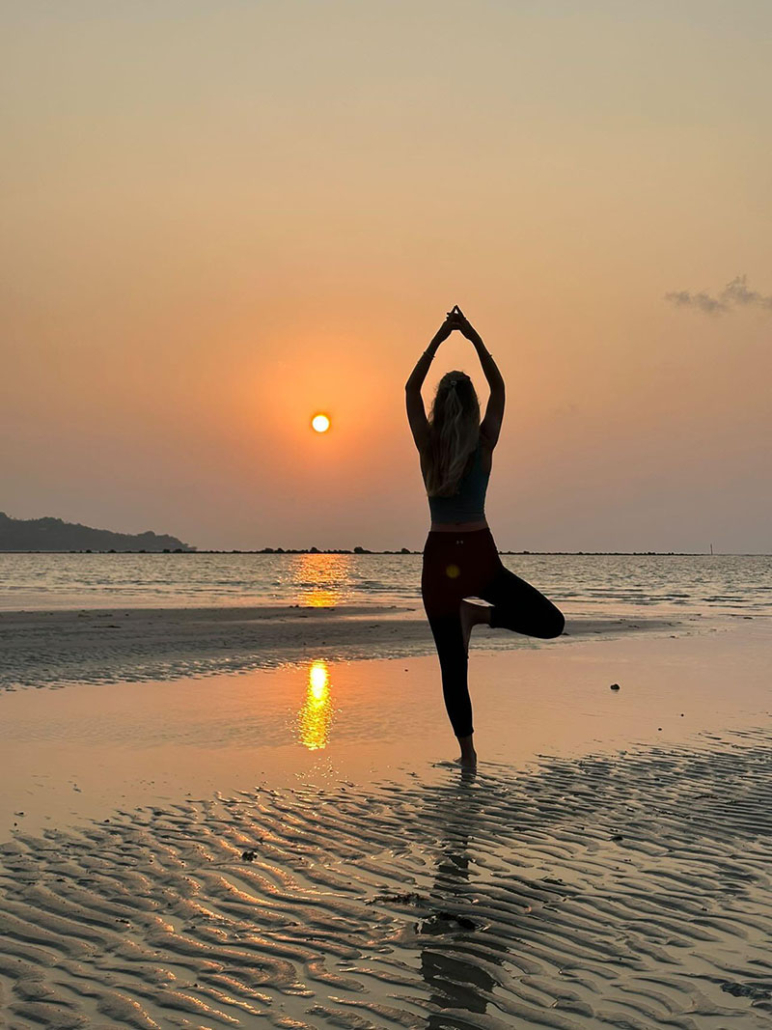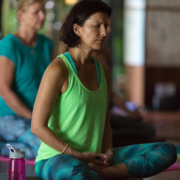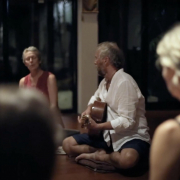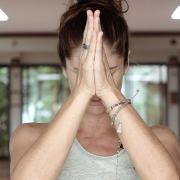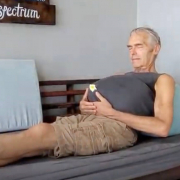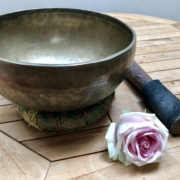 https://samahitaretreat.com/wp-content/uploads/2023/11/IMG_1290-2-scaled.jpg
1920
2560
Kirsten Mia
http://samahitaretreat.com/wp-content/uploads/2024/01/samahita-logo-v2.svg
Kirsten Mia2023-11-21 21:09:402023-11-21 21:09:40Music makes the world go round!
https://samahitaretreat.com/wp-content/uploads/2023/11/IMG_1290-2-scaled.jpg
1920
2560
Kirsten Mia
http://samahitaretreat.com/wp-content/uploads/2024/01/samahita-logo-v2.svg
Kirsten Mia2023-11-21 21:09:402023-11-21 21:09:40Music makes the world go round!The solstice and the seasons: How to live by the rhythm of nature.
Go with the Flow…
The solstice and the seasons: How to live by the rhythm of nature.
“In the beginning God created the heavens and the earth. Now the earth was formless and empty, darkness was over the deep, and the Spirit of God was hovering over the waters.
And God said, ‘Let there be light’, and there was light. God saw that the light was good, and he separated the light from the darkness. God called the light ‘day’, and the darkness he called ‘night’. And there was evening, and there was morning – the first day.”
Genesis – The Bible
Since the dawn of time and the creation of our solar system, the sun has been at the center of our galaxy and holds all the planets in a stable orbit around it while providing light and heat, thus allowing life on earth. The earth has evolved over millennia into what we are familiar with today. The planets rotate around the sun, and on earth this creates the changes of the seasons over the course of the year. Humans have evolved alongside the rhythm of nature, quite successfully, as evident in our population growth. However, in the last few hundred years or so, from around the industrial revolution, man has tried to conquer nature, move away from, or disregard its cycles, all in the name of progress. This has certainly had an effect on our health and wellbeing, as well as the earth’s. In today’s article, being the day of the summer solstice (if you’re in the Northern hemisphere) we will explore how living in alignment with nature and the seasons can lead to a more balanced and fulfilling life, in tune with the energies of the earth.
The solstice in the Northern hemisphere in June, marks the longest day of the year. The peak of Summer! In ancient cultures, as early as the stone age, humans started observing the solstices. (In Latin, the word is derived from “sol” – sun, and “stitium” – still/stopped.) Different cultures and traditions all over the world have honored the sun, moon and stars, creating gods, deities, religions and monuments to celebrate, commemorate, guide and worship them. Ancient humans would have had very little scientific understanding of these awe-inspiring celestial bodies, but they did make the connection that they influenced the hours of daylight at different times of the year and brought about the shifting of the seasons and tides. The ancients then began to work out the best times of the year to plant, grow and harvest various crops and lived in tune with the circadian cycle of the sun. There was no electricity back in those days, so to maximize the daylight hours, they woke at sunrise and bedded down for the night not too long after sunset. After working hard through the Spring and Summer, they took things a little slower in the colder, darker months of Autumn and Winter, adjusting to the energies of the earth.
In today’s modern age we can get whatever we want, whenever we want. You can find a ripe avocado on the shelf of a grocery store in England in the middle of Winter! We live in eternal Summer… working, hustling and moving forward faster and harder each year, taking little time to rest, de-stress and reflect, chipping away at our health until we get sick. By acknowledging the seasons, being in alignment with the changes, we give ourselves the chance to find that deeper connection to our hearts, our dreams and desires. Living with the seasons not only helps us be more connected to nature, making us more present and balanced, we also eat seasonally thereby becoming more sustainable and healthier. Just some of the benefits of eating with the seasons:
- It is more cost effective
- Less nutrient loss
- Fresher food
- Supports local farmers and communities
- Reduces environmental impact
- Less food waste
- Better variety, discover new produce
Everything in the Universe has a cycle. From birth to death, night to day, the moon, the menstrual cycle, the seasons. Plants and animals adjust themselves to the changes the earth brings, tuning in to the natural rhythms of life. And, as everything is inter-connected, shouldn’t us humans do the same, get back to the “old way of life”? I’ll leave that for you to decide.
Take a step back from things, look at the way in which you live your life, day to day. Reflect. See what you could do to make some changes that would make you feel more connected, whole, and aligned to the natural flow of things. Here are a few ideas…
- Kick off your shoes, take a walk once a week in your local park or the beach, get grounded
- Head to your local food market on the weekend with the family and get your fresh seasonal produce and locally made goodies
- Grow your own little garden, even a few herbs is a good start
- Mark off the seasons on a calendar, put down any cool seasonal events happening locally you’d like to attend, like a seed swap, anything food related, sustainability, markets, concerts
- Get to know where your food comes from, how it’s made, what packaging it comes in, notice the effects on body and mind, both short and long term
- Try to sync with the sun, get into the circadian rhythm
- Observe the energies of the lunar cycles
- Adjust your yoga practice accordingly
- Make an effort to balance the yin and yang in your life and in be unison with the seasons
- Try to buy less imported products
Overall, these simple things, that are easy to do, will go a long way to improving your health and wellbeing. Go back and read through the last few blogs to find a few more ideas there… Thanks for reading and hope you enjoy trying new things! Till next week, be well xxx
References:
https://www.reviewofreligions.org/2306/ancient-sun-worship/
https://www.trendyavocado.com/the-benefits-of-eating-seasonally/
https://earthyvibes.org/how-to-live-with-the-seasons/
https://en.wikipedia.org/wiki/Circadian_rhythm
https://solar-energy.technology/solar-system/sun/importance
https://www.learnreligions.com/solar-magic-myth-and-folklore-2562504
https://en.wikipedia.org/wiki/Summer_solstice
https://www.nationalgeographic.com/science/article/what-is-summer-winter-solstice
https://www.history.com/topics/natural-disasters-and-environment/history-of-summer-solstice
More from the Samahita Blog
